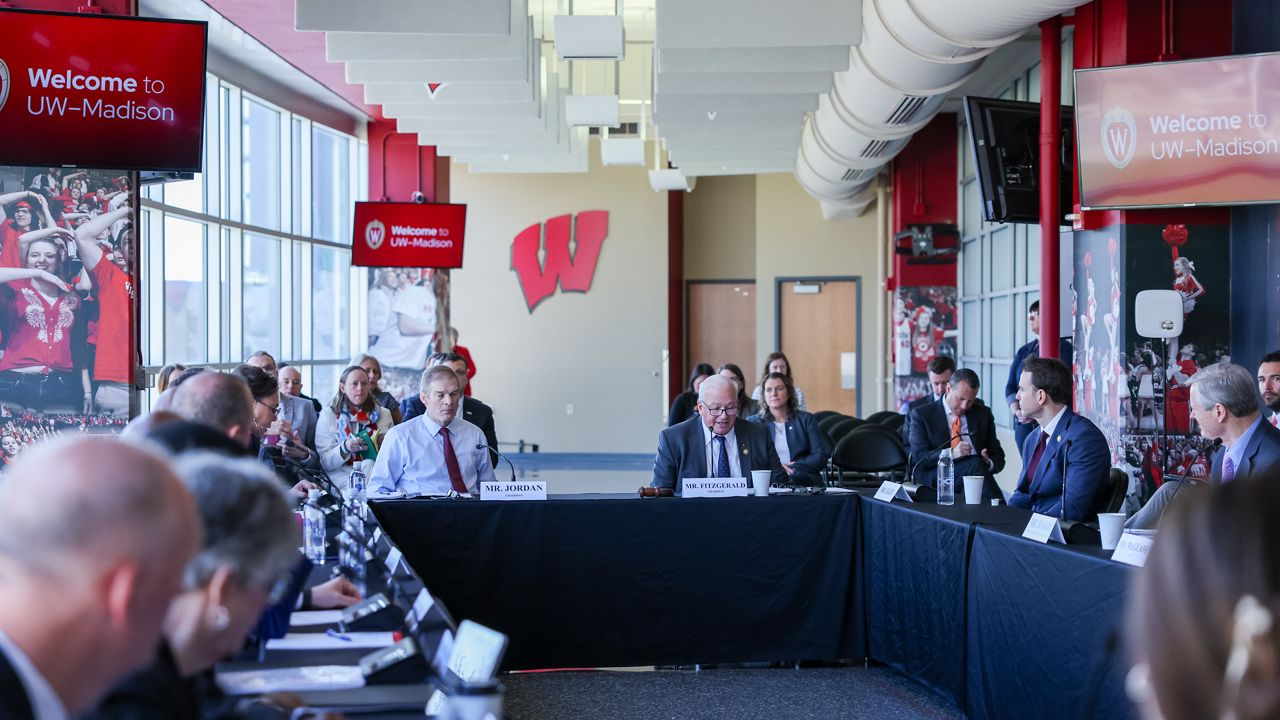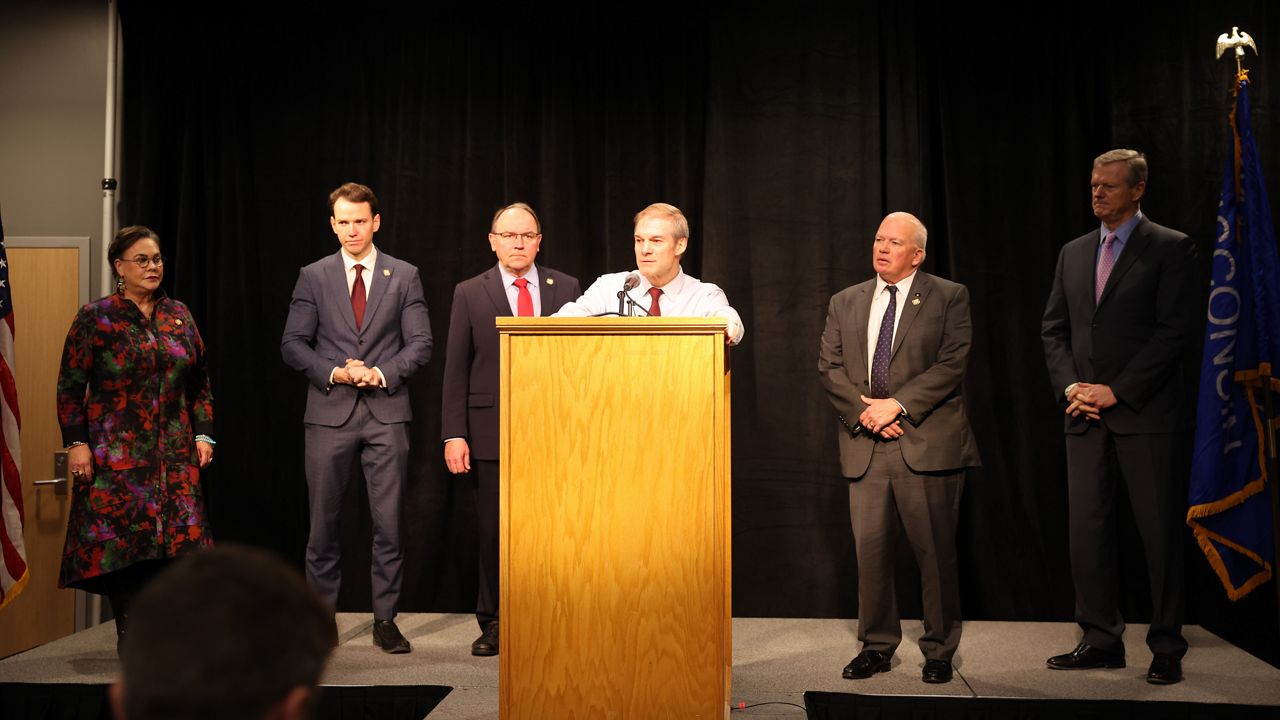GREEN BAY, Wis. — The Wisconsin Technical College system’s 16 schools lead the state in producing nurses, but Wisconsin still needs more nurses.
Nurse vacancies continue to challenge Wisconsin’s hospital systems, according to a recent Wisconsin Health Care Workforce report.
That’s why Green Bay’s Northeast Wisconsin Technical College (NWTC) is revamping its nursing education.
NWTC’s Extended Reality Lab — or XR Lab — gives nursing students real-life experience with life-and-death medical situations executed via virtual reality simulations.
A $300,000 grant was awarded to NWTC to fund this program. It launched in fall 2023.
Brian Krogh, the associate dean of nursing, said the XR Lab is not completely replacing the in-person clinical experience. The XR Lab provides students with a risk-free environment to learn critical nursing skills.
Mitch Luker teaches NWTC’s nursing simulation program. He said the XR Lab gives nursing students a new way to learn critical skills that are hard to learn from a textbook.
“The purpose of the XR Lab is to be able to give students experiences that they can’t get in normal clinical settings,” Luker said.
Luker said this simulator allows students to perform actual life-saving measures. With a few strokes on the keyboard, Luker can program a simulator to create almost any scenario, such as a heart attack.
“Students can actually take and attach the pads and the heart monitor pieces,” Luker said.
Luker said the XR Lab gives students repetitive on-demand medical experiences that aren’t available in a clinical setting.
“Labor and delivery [and] the emergency room — those are areas that it’s hard to have students go into and get their experiences. So, we can just make them here,” Luker said.
The time spent in this extended reality lab counts toward nursing clinical hours needed to graduate.
Krogh said finding clinical spots at community agencies is a big challenge for students.
“One of our biggest challenges is finding clinical spots in our community in our agencies. So, by adding additional stimulations, it provides an opportunity to bring students to the college and hopefully get some opportunities of different situations and scenarios that they might not see in the clinical sites,” Krogh said. “[This is also] an opportunity to do more clinicals here at the college, reducing the number of hours needed out in clinical agencies,” Krogh said.
Luker said this simulator is no game. He said students practice life-and-death scenarios. He said he wants Wisconsin’s future nurses ready to handle the pressures of medicine.
“I’ve seen through this technology a way to meet students’ needs, and help them be better prepared,” Luker said.










